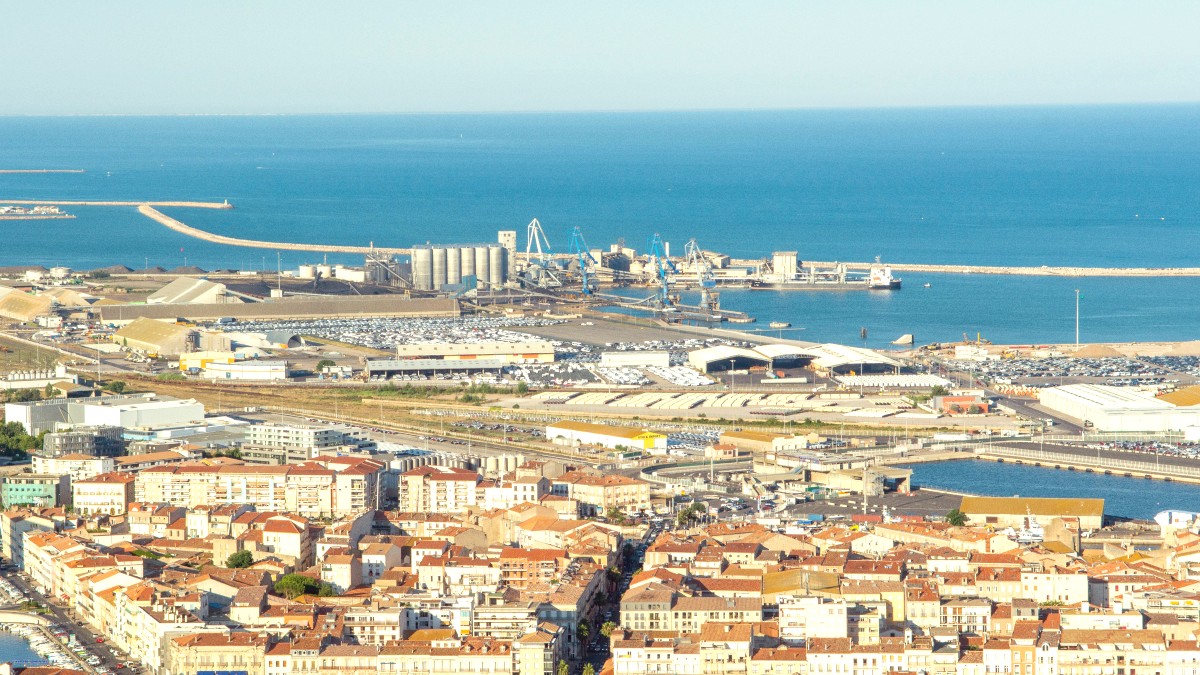
France
The Étang de Thau is a protected natural area, known for its biodiversity and shellfish industry.
France operates established recycling programs. Bins for plastics, glass, and paper are common.
Mindful water use is important, especially during dry summer months. Opt for shorter showers.
Thoughtful choices make a positive impact.
Seek accommodation that promotes sustainable practices. Consider Ecobnb for eco-friendly lodging options.
Inquire about tour operators offering responsible boating or wildlife viewing. G Adventures is an ethical tour operator.
Mitigate your travel's environmental impact by offsetting carbon emissions. Terrapass is a carbon offset provider.
Equip your travels with environmentally conscious products. Patagonia and Package Free Shop offer sustainable options.
Opt for durable, ethically sourced outdoor clothing and equipment. These items last longer.
Explore PatagoniaCarry reusable water bottles, bags, and cutlery to minimize single-use plastics.
Visit Package Free ShopYour choices contribute to preserving Sète's natural beauty. Respect protected areas and follow local recycling guidelines. Mindful resource use supports the ecosystem.
Engage with Sète's culture respectfully to enrich your journey.
Sète actively preserves its unique maritime heritage and water jousting culture.
Use basic French phrases. Be polite and patient in your interactions.
Always ask permission before photographing individuals, especially children.
Dress modestly (shoulders and knees covered) when visiting churches or other religious sites.
Embracing local customs and language shows respect. Support cultural preservation efforts by visiting museums and attending local festivals. Your presence can contribute positively.
Make choices that support Sète's local economy and community.
Support independent businesses over large international chains. This applies to dining, shopping, and lodging.
Seek products from local artisans and producers, ensuring your purchases directly benefit the community. Consider supporting global conservation efforts through organizations like The Rainforest Site (GreaterGood).
Choose local tour guides who have deep knowledge of the area, participate in activities offered by local operators.
Engage guides with deep local knowledge for enriched tours.
Buy souvenirs directly from local craftsmen rather than mass-produced items.
Be aware of any animal-related tourism activities and verify high welfare standards.